Inspired by the pioneering life of Dr. Hill Hassall
With the use of his trusty microscope Hassall was able to identify foreign substances found in ordinary foods such as bread, bottled fruits, vegetables and meat. Hassall discovered that foods were being cut with all sorts of things such as chalk, sawdust, sand and gravel, and even poisons such as lead, copper and mercury.
Using poisonous additives in food was much the norm in those days, businesses frequently cut corners to save costs and no one policed them. It was thanks largely to the investigative work of Dr. Arthur Hill Hassall that various food acts were eventually passed and the regulatory bodies created that led up to the food quality controls that we now have in place today.
Hassall’s impact was revolutionary, but he did not limit his impact solely to food safety. As a sufferer of tuberculosis, Hassall moved to Ventnor on the Isle of Wight, favouring the location for its warmer microclimate. Not only did Dr. Hassall recuperate during his time here, but he also founded the Royal National Hospital for Diseases of the Chest, where tens of thousands of patients benefitted from improved health too.
The home of Hill Hassall Botanics
Ventnor Botanic Garden, the birthplace of Hill Hassall Botanics, home to our Eucalyptus trees and the former site of Dr. Hassall’s hospital is open for the public to visit all year around.
Located on the southern coast of the Isle of Wight, VBG is a wonderful place to explore, renowned for it’s hotter temperatures and rare subtropical plants.
Explore the microclimate of VBG which is similar to that of South Africa, Australia and New Zealand. You will no doubt spot some of our beloved Eucalyptus trees whilst exploring the Garden.




